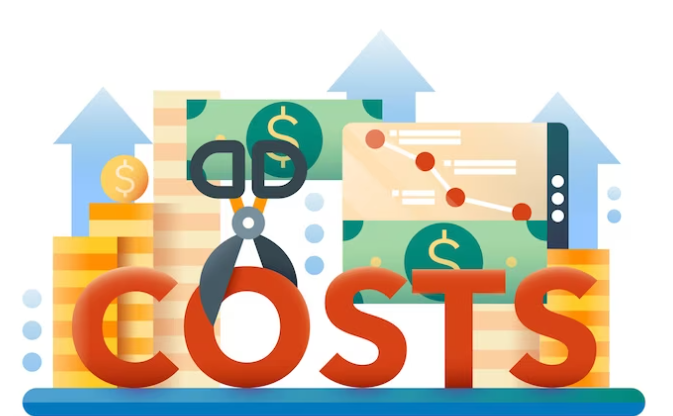In this article, we will discuss about...
Introduction
Investing in property can be an enticing opportunity for individuals, particularly non-resident Indians (NRIs) looking to make a long-term investment. However, many investors often overlook the expenses and costs associated with holding a property over an extended period. In this comprehensive guide, we will explore the various costs involved in property investment that you should consider before making your investment decision.
Don’t let reading hold you back, Watch our video instead
 Understanding the Purpose of Your Investment
Understanding the Purpose of Your Investment
Before purchasing a property, it is crucial to clarify your investment goals. Are you buying the property for personal use or solely as an investment? If you plan to use it for personal purposes, consider your specific requirements. Do you prefer living in bustling metropolitan cities or are you open to smaller towns? Evaluating your needs will help you make an informed decision.
On the other hand, if you are purchasing a property for investment purposes, factors such as potential appreciation and the reputation of the builder become paramount. Opting for well-established developers with a proven track record is generally a safer choice than smaller builders.
Consult CA Arun Tiwari for more information at 📞 8080088288 or cs@aktassociates.com
The Overlooked Costs of Property Investment
One common mistake investors make is focusing solely on potential profits without considering the various costs involved. Let’s delve into the expenses that should be accounted for when holding a property for a significant period.
- Initial Costs: As you embark on your property investment journey, several initial costs come into play. These may include travel expenses if you are visiting India for property purchase, hiring a lawyer to inspect the property, drafting charges, registration fees, and stamp duty. Additionally, if you are buying a flat in a society, you may encounter society transfer fees.
- Restoration and Maintenance: Properties often require periodic restoration and maintenance to retain their value. It is crucial to consider these costs, such as renovation expenses and the regular payment of society maintenance charges. Even if the property remains unoccupied, minimum electricity bills and occasional touch-ups are unavoidable.
- Financing Costs: When buying a property for investment purposes, financing costs become significant. If you choose to take out a loan, the interest charges incurred during the holding period will impact your profit margin. Ensure you calculate the total interest over the loan tenure to gain a realistic perspective of your investment returns.
- Exit Expenses: When selling the property, additional expenses arise. Brokerage charges, which can range from 1% to 2% of the property’s value, must be considered. Legal charges may apply if you engage a lawyer to ensure a smooth transaction. Moreover, capital gains tax and conversion costs, if repatriating funds abroad, will influence your net profit.

Calculating Your Investment’s Net Profit
To make an informed investment decision, create a comprehensive Excel sheet outlining all the costs mentioned above. Simultaneously, estimate the property’s price after a specific holding period, typically five years. By projecting these costs and potential future value, you can calculate the net profit.
However, it is crucial to note that your investment should yield an annualized return of at least 3% to 4% higher than bank fixed deposits (FDs) to justify the risks associated with property investment.
Mitigating Risks and Making Informed Decisions
Property markets are known for their cyclical nature, with prices fluctuating over time. While it is possible to benefit from a market upswing, it is equally likely to experience a stagnant period lasting several years. Therefore, it is essential to exercise caution and allocate funds that are not required for the next five years.
The illiquidity of the property market is another aspect to consider. In situations where you urgently need to liquidate your assets, the property may not be easily sold, leading to financial distress. Avoid such scenarios by planning ahead and having sufficient contingency funds.
Conclusion
Investing in property can be a lucrative venture, but it requires careful consideration of the associated costs and expenses. By diligently evaluating these factors, calculating potential profits, and understanding the dynamics of the property market, you can make informed decisions and mitigate financial risks. Take a comprehensive approach, considering both financial and emotional aspects, to ensure your hard-earned money is wisely invested.
With the knowledge gained from this guide, you can become a better investor and analyzer before venturing into property investments. Remember, thorough calculations and a keen eye for detail are essential to secure a profitable and successful investment in the world of real estate.

